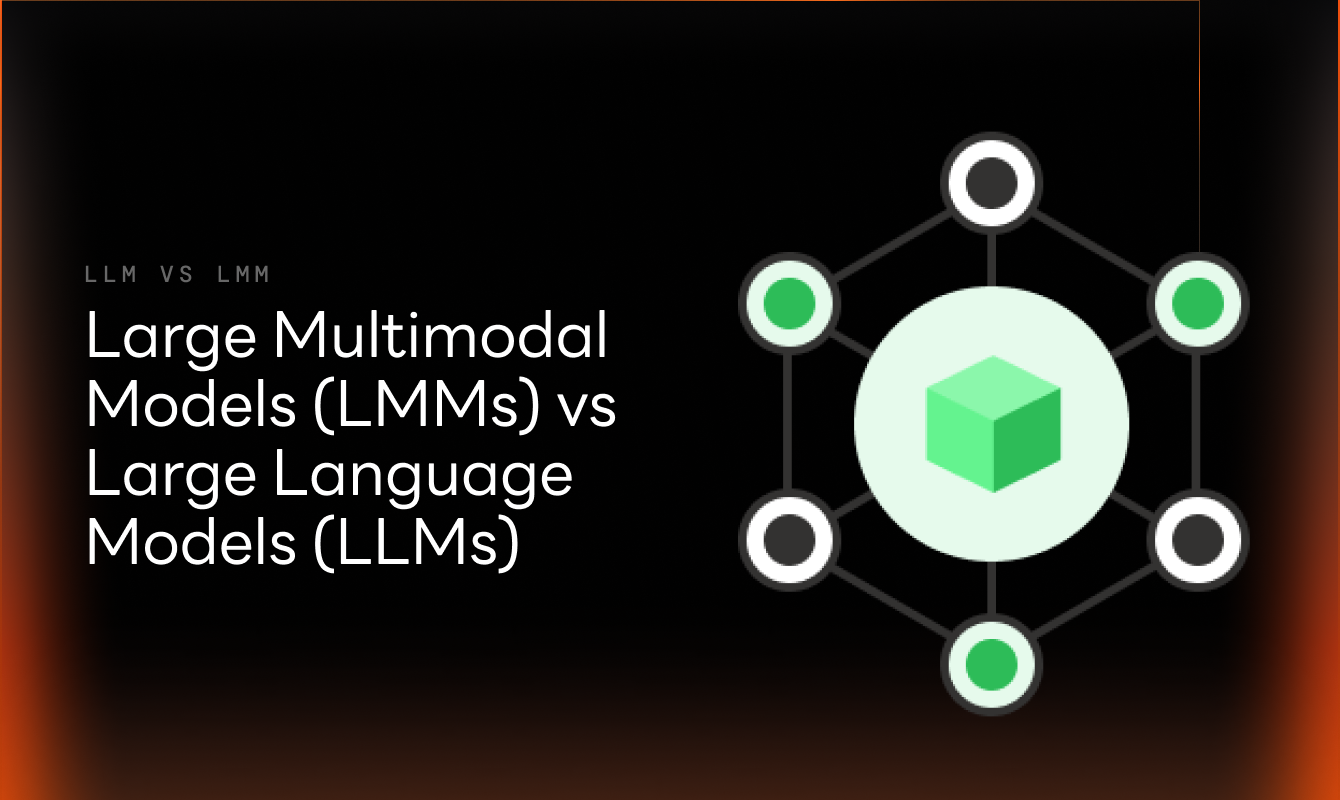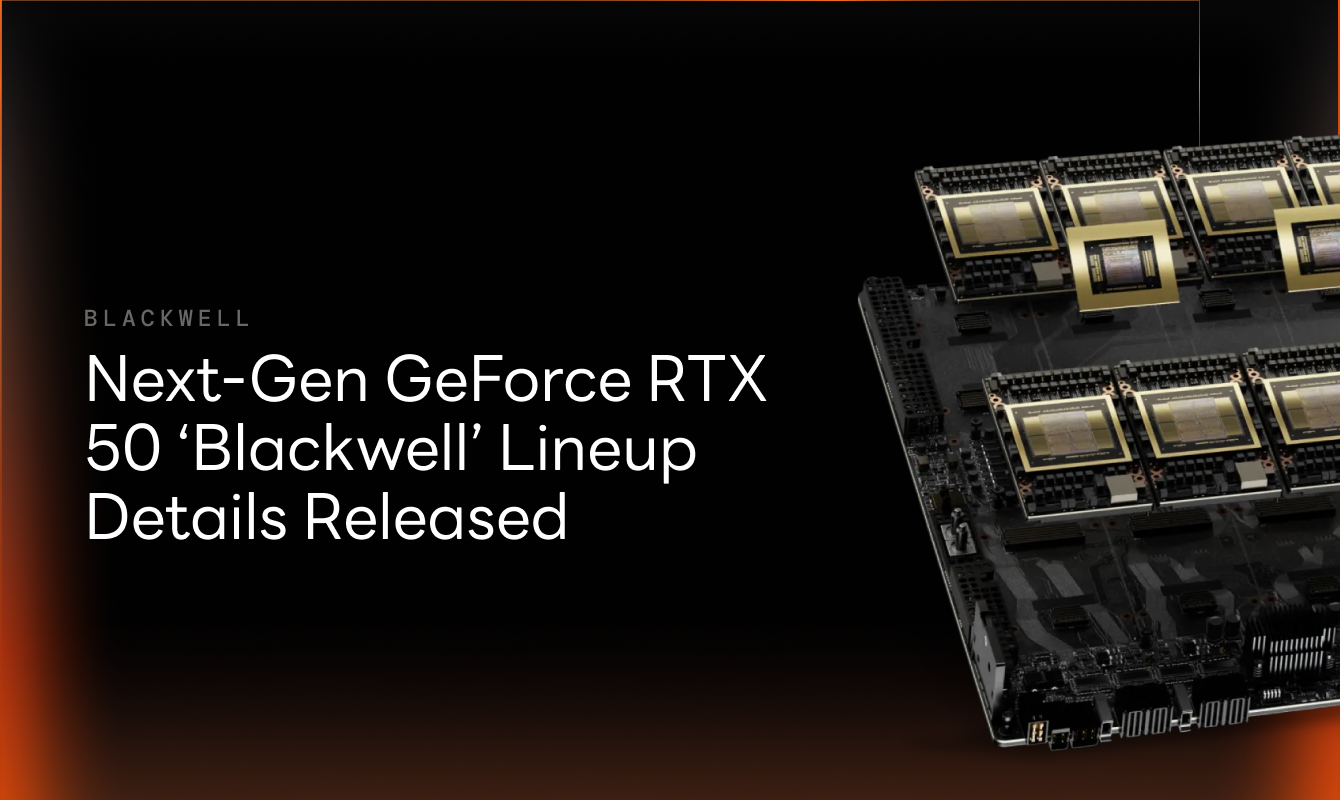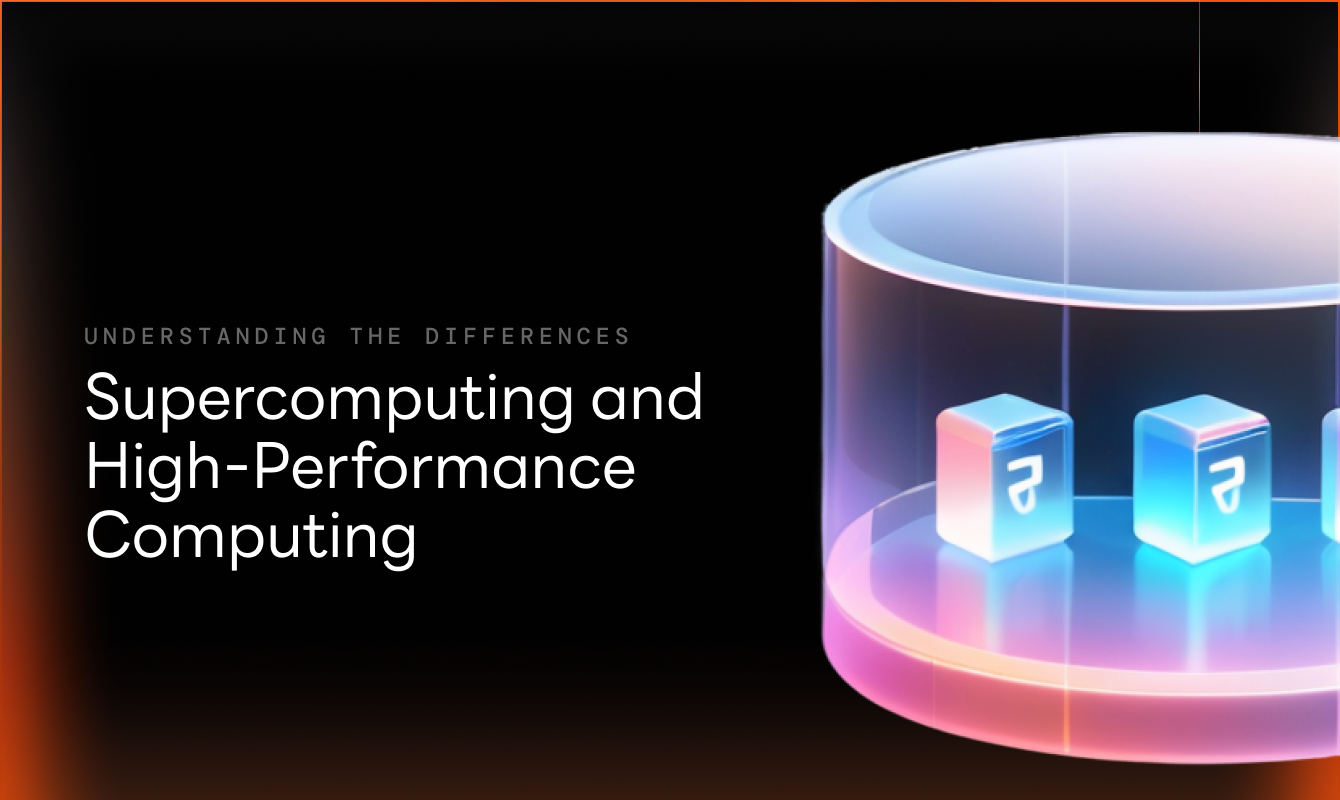
How to rent GPU's on our dApp
Seamlessly access high-performance GPUs for your AI, rendering, and compute-intensive tasks. Simply browse available nodes, choose the best fit for your needs, and start renting—all on a decentralized, secure platform. Experience cost-effective and scalable computing power like never before!
Step 1: Visit GPU.net
-
Open your web browser and search for "GPU.net" or directly go to GPU.net.
-
Once the homepage loads, look for the "On Demand GPU" option.
-
Click on "On Demand GPU" to proceed.
Step 2: Access the Marketplace (Login Required)
-
After clicking "On Demand GPU", you will be redirected to the Marketplace page.
-
Here, you will see available GPU rental options, but you must log in to proceed.
-
Click on the "Login" button in the top-right corner.
-
Enter your email and password, then click Sign In.
Step 3: Browse and Search for a Specific GPU
-
Once logged in, you will see the Marketplace, where available GPUs are listed.
-
If you are looking for a specific GPU, use the search bar at the top.
-
Type in the GPU model name (e.g., RTX 4090, A100, H100) and press enter.
Step 4: Select an Appropriate GPU
-
Browse the list of available GPU models and select one based on:
-
VRAM size (8GB to 80GB).
-
Processing power (consumer-grade vs. enterprise-grade GPUs).
-
Use case (gaming, AI training, deep learning, rendering).
-
-
Click on the GPU you want to rent to view detailed specifications.
Step 5: Choose a Server Region
-
Select the region closest to your location to reduce latency and improve performance.
-
Available regions include:
-
Asia-Pacific
-
Europe
-
America
-
North America
-
Step 6: Configure RAM and Storage
-
Check the available RAM options and select the appropriate amount based on your needs.
-
For basic tasks, 16GB-32GB RAM is usually enough.
-
For high-end deep learning, you may need 64GB+ RAM.
Step 7: Create or choose your Encryption key
Step 8: Navigate to your GPUs and copy the SSH Command
Pre installed packages (Versions may vary)
System Utilities & Core Packages
bash,coreutils,dpkg,apt,gzip,tar,xz-utils,sed,grep,findutils,diffutils,logrotate,cron,systemd,systemd-sysv,initramfs-tools,procps,lsb-release,lsb-base,mount,util-linux,netbase,hostname,kbd,console-setup,keyboard-configuration,locales
Development & Compilation
gcc,g++,make,build-essential,libc-dev-bin,libc6-dev,binutils,pkg-config,perl,perl-modules,manpages-dev,bzip2,patch,gawk
Python & Related Packages
python3,python3-dev,python3-pip,python3-setuptools,python3-wheel,python3-apt,python3-distutils,python3-urllib3,python3-requests,python3-distro,python3-six,python3-yaml,libpython3.10,python3-virtualenv,python3-jsonschema
Networking & Security
curl,wget,iptables,iproute2,netcat-openbsd,tcpdump,telnet,whois,ufw,openssh-client,openssh-server,openssl,fail2ban,gpg,gpg-agent,dirmngr,ca-certificates
Storage & File System Tools
fdisk,e2fsprogs,btrfs-progs,ntfs-3g,parted,mount,xfsprogs,lvm2,mdadm,zerofree,fuse3
Containerization & Virtualization
docker-ce,docker-ce-cli,docker-compose-plugin,containerd.io,libnvidia-container-tools,nvidia-container-toolkit,qemu-guest-agent
NVIDIA Drivers & Libraries
nvidia-utils-550-server,nvidia-dkms-550-server,nvidia-headless-550-server,nvidia-container-toolkit,nvidia-kernel-common-550-server
Linux Headers & Kernel Modules
linux-headers-generic,linux-image-virtual,linux-libc-dev,dkms
Version Control & Source Management
git,git-man,subversion
Text Editors & Shell Tools
vim,nano,tmux,screen,byobu
Disk & Partition Management
gdisk,ntfs-3g,parted,btrfs-progs,smartmontools
Compression & Archiving
gzip,bzip2,tar,xz-utils,zip,unzip,p7zip
Monitoring & Performance Tools
htop,iotop,dstat,sysstat,strace,lsof,psmisc,irqbalance
Snap & Flatpak
snapd,flatpak


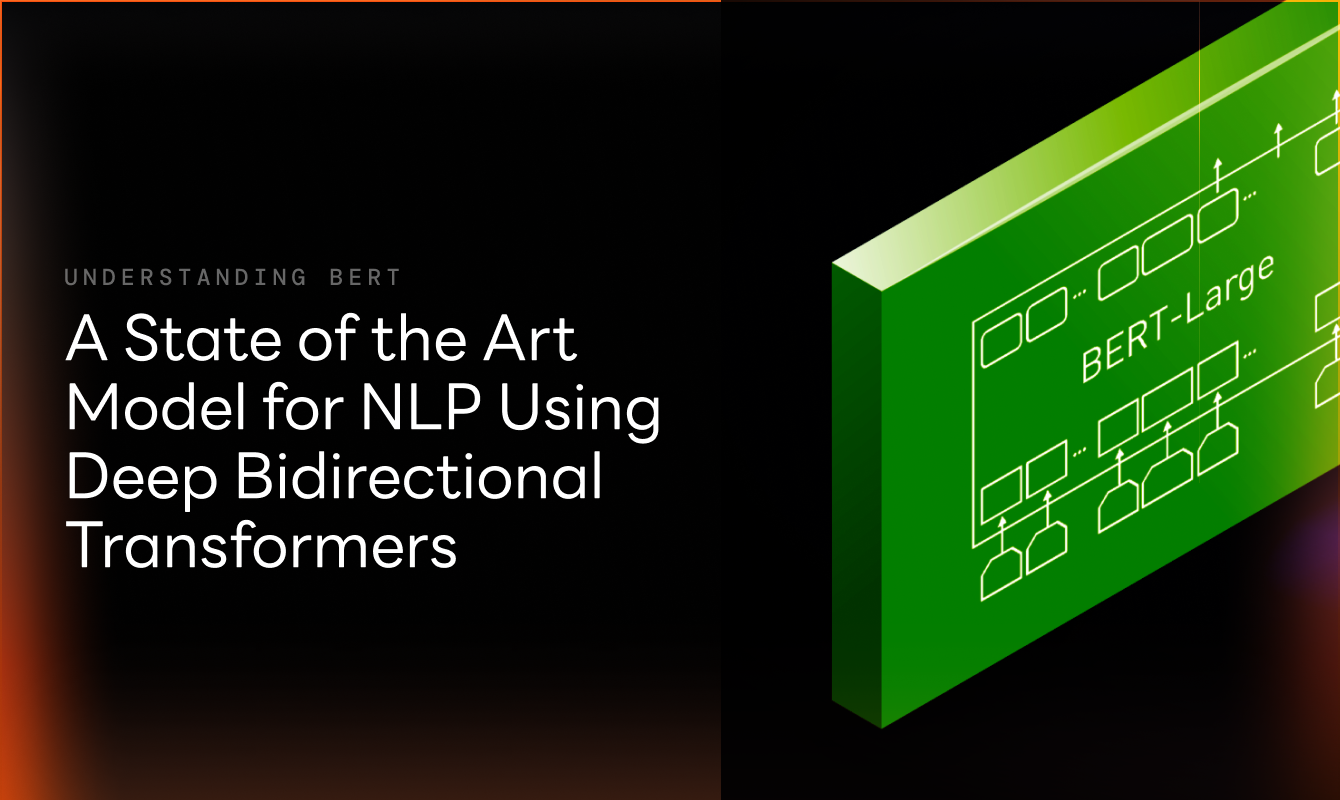
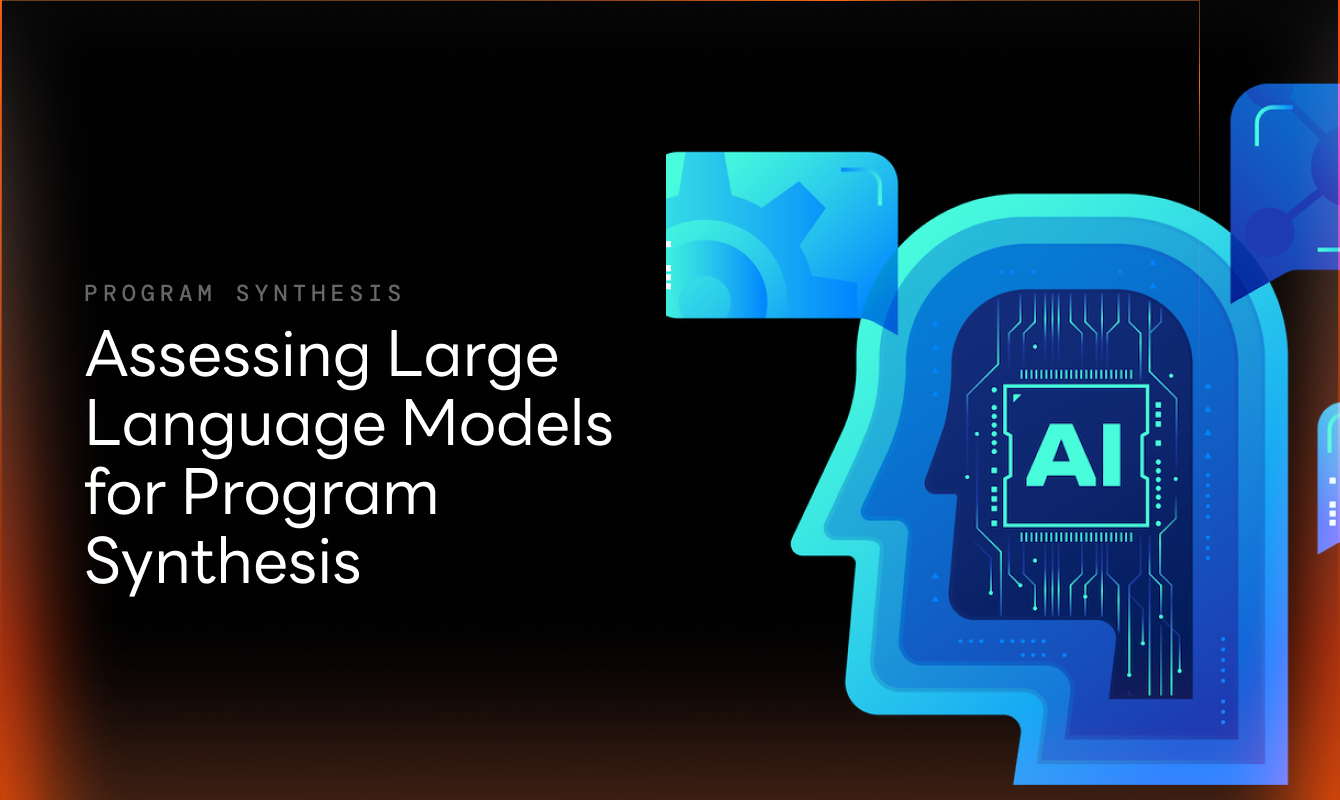


![GPUNET Verifiable Exchange: The Next Frontier for $GPU, Nodes and Ecosystem [TEASER]](https://i.ibb.co/Z1JWjN7r/Article-Cover.png)






